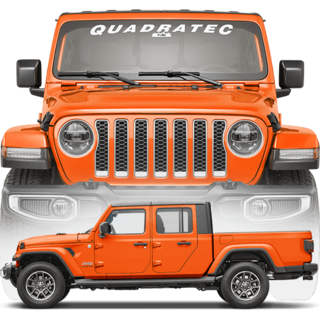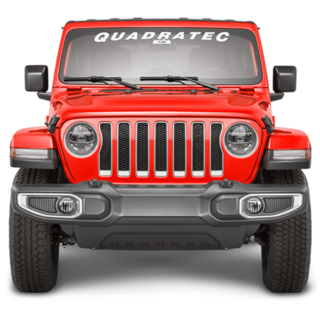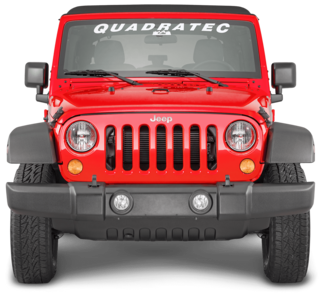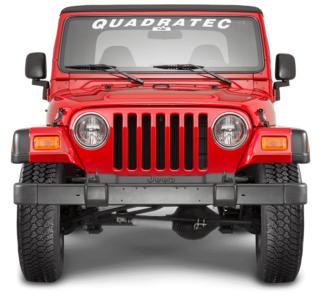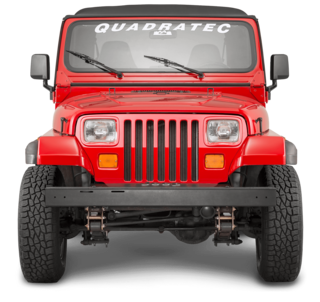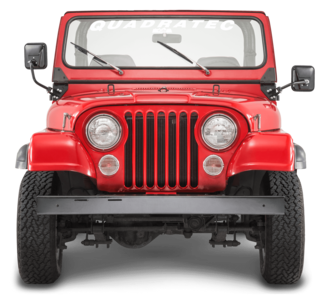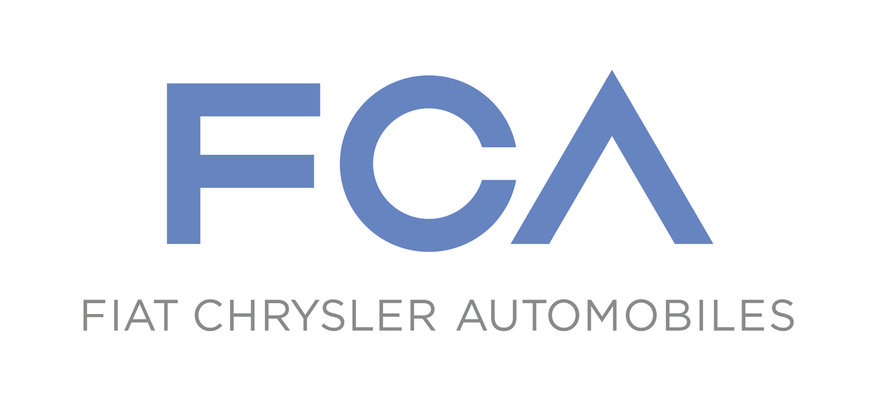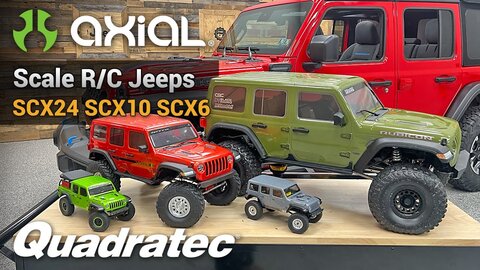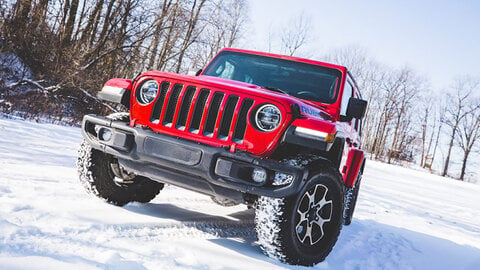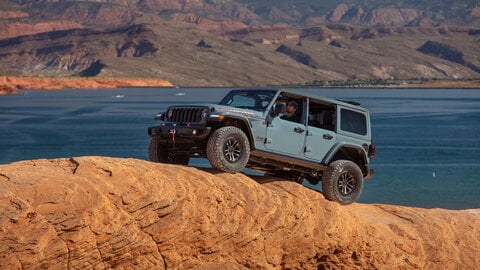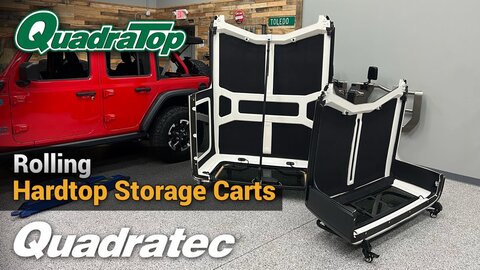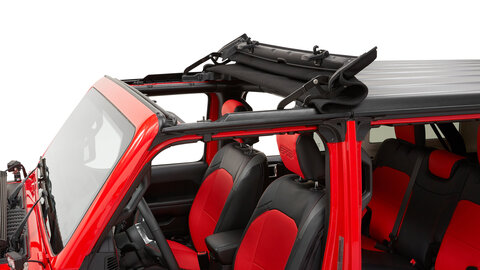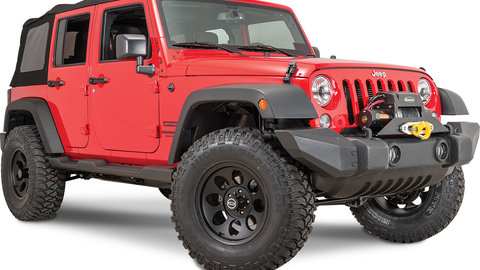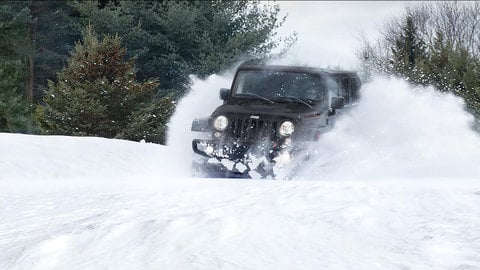by Matt Konkle
Quadratec Channel Editor
After years of that annoying ‘will they, or won’t they’ question, Fiat Chrysler Automobiles is finally headed down the aisle.
The merger aisle.
FCA Wednesday agreed to merge with European automaker PSA Group, makers of Peugeot, in a $48 billion deal that could set off a new consolidation age in the industry. It will also provide both companies with the ability to combine capital to invest in research and new vehicle technology. For FCA, the deal also opens the door to a European market that it has not been able to crack very well outside its home region of Italy.
"The plan to combine the Groupe PSA and FCA businesses follows intensive discussions between the senior managements of the two companies," FCA and PSA said in a combined statement. "Both share the conviction that there is compelling logic for a bold and decisive move that would create an industry leader with the scale, capabilities and resources to capture successfully the opportunities and manage effectively the challenges of the new era in mobility."
The combined company would be based in the Netherlands, which is the current headquarters of Fiat Chrysler, although it will keep a head office for its North American operations near Detroit. Neither FSA nor PSA would comment on a new name for the combined company.
A binding agreement could be finalized within weeks, which will officially create the world's fourth-largest automaker.
Peugeot CEO Carlos Tavares is expected to lead the combined automaker as CEO, while John Elkann, Fiat Chrysler chairman would continue his role with the combined company, the WSJ reported.
The deal gives Peugeot six board seats and Fiat Chrysler five, according to the WSJ.
“This convergence brings significant value to all the stakeholders and opens a bright future for the combined entity," Tavares said in a statement. "I’m pleased with the work already done with (FCA CEO) Mike (Manley) and will be very happy to work with him to build a great company together.”
It is unclear how this new pairing would affect Jeep, or its current management structure, but the combined capital from both companies will certainly help fuel new research and development as the entire industry struggles with a global auto sales slowdown. For FCA, it will also help to bring its most popular brand, Jeep, into a wider European market—especially as it is in the midst of two new vehicle launches in two years, and has plans to unveil its Wagoneer—and Grand Wagoneer—vehicles in the coming years.
Additionally, FCA is rolling out a diesel engine for Wrangler in the next few months, and has an all-electric Wrangler on tap for later next year.
"I'm delighted by the opportunity to work with Carlos and his team on this potentially industry-changing combination," Manley said. "We have a long history of successful cooperation with Groupe PSA and I am convinced that together with our great people we can create a world class global mobility company."
Wednesday’s announcement was the culmination of several attempts by FCA to find a merger partner over the past few years. Former CEO Sergio Marchionne first tried to hitch his company to GM back in 2015, making the case that the automotive industry needed to consolidate in order to survive.
However, Marchionne and FCA were quickly rebuffed by their fellow big-three automaker.
That led FCA to look at a partnership with Volkswagen which never really became serious, and a brief flirtation with Chinese automaker Guangzhou Automobile Group.
Nothing, though, seemed to make sense for FCA and the automaker forged ahead with Manley saying the company was strong enough to stand on its own, but would always look at a merger if it made sense.
As far as FCA and PSA; the automakers did have previous merger discussions before, as recent as this spring, but neither party appeared willing to move on the issue at that time.
Instead, FCA approached Renault about a 50-50 unification in May, and things actually appeared very serious before FCA backed away—citing problems from the French government at the time, as well as issues with the alliance between Renault and Nissan.
Those same difficulties could also rear up from this merger, but Bernstein analyst Max Warburton said in a statement the partnership between Fiat Chrysler and Peugeot “has more logic” than one with Renault.
“We ultimately think a deal could be made to work. This would be as much about raising performance as it would be about synergies,” he said.
PSA Group is Europe’s second-largest automaker, while FCA has seen its European footprint shrink in the past few years and now controls only about 4 percent of the European market—mainly in its home area of Italy.
As far as vehicle sales, FCA's global deliveries finished up at 4.8 million last year, while PSA sold 3.9 million vehicles. Thanks to Jeep and Ram, FCA’s main strength is in the North American truck and SUV market, where it sold over 2.5 million units in 2018. Meanwhile, PSA is heavily dependent on Europe where it sells 80 percent of its vehicles such as Peugeot, Opal and Citroen.
Each brand brings something to the merger table, according to Autotrader executive editor Brian Moody.
”Fiat Chrysler could surely use some of Peugeot’s cash and/or existing platforms to help build out a fleet of fresh new cars, including electric and hybrid vehicles,” he said to the Detroit Free Press. “On the other hand, Peugeot would love to have access to a vast dealership network as well as a way to capitalize on the success of brands and vehicles like Ram and Jeep."
Kelley Blue Book executive analyst Akshay Anand echoed that sentiment, and also agreed with Marchionne’s 2015 idea about consolidation.
"The automotive industry continues to realize partnership is a must in this rapidly changing environment," Anand said. "An FCA and PSA merger could benefit both parties. PSA is a big global automaker with a good European foothold and technologies FCA could benefit from. FCA has a big imprint in the U.S., a market PSA is trying to get into. On the surface, it makes sense."
The FCA-PSA Group merger will create the world's fourth-largest automaker, behind Volkswagen, Toyota and the Renault-Nissan alliance.
Incidentally, the two companies already partner on van production in Italy. PSA Group also purchased all of GM’s European operations back in 2017.
FCA formed in the aftermath of Chrysler’s bankruptcy 10 years ago, with Fiat first stepping in as a principal owner with 20 percent stake in the company. That stake in Chrysler grew to over 58 percent by 2012, and in January of 2014 it bought out the remaining shares at an overall cost of $4.9 billion.
Fiat then reorganized into FCA later that month.

